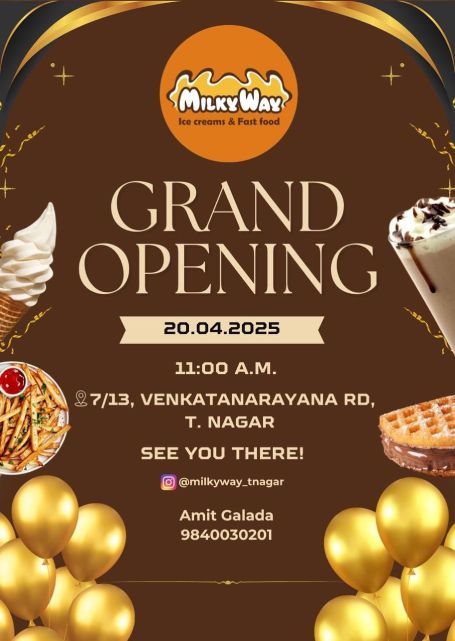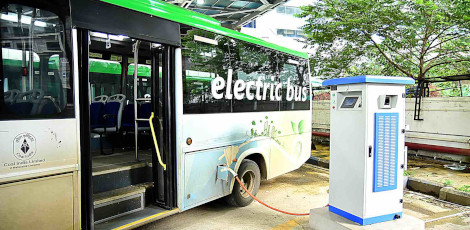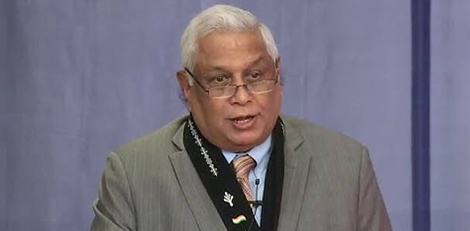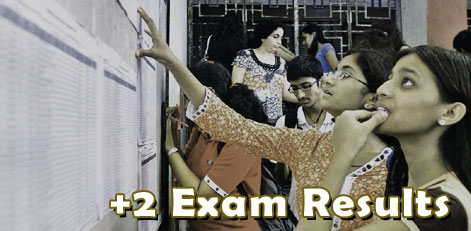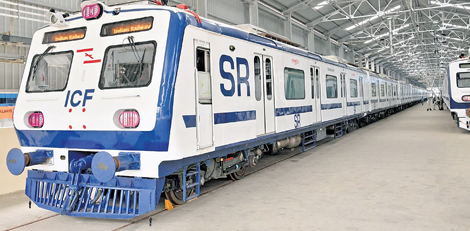FORBES 2010 ASIA FAB 50 LIST INCLUDES INFOSYS, TCS, and ITC IN
Posted on: 17/Sep/2010 12:45:31 AM

Infosys, TCS, ITC and Mahindra and Mahindra have found place in Forbes` magazine`s 2010 compilation of the Asia-Pacific`s 50 biggest listed companies. They are in the list along with 12 other Indian companies.
India and China together account for 32 of the 50 companies in Forbes` sixth annual `Asia`s Fabulous 50 listed companies`.
The other Indian companies making it to the list are Adani Enterprises, Axis Bank, Bharat Heavy Electricals, Dr Reddy`s Laboratories, HCL Technologies, HDFC Bank, Hindalco Industries, Jindal Steel and Power, JSW Steel, Kotak Mahindra Bank, Larsen and Toubro and Sterlite Industries.
When the list was first compiled in 2005, only five Chinese and three Indian outfits made the cut.
"Economies around Asia bounced back last year and so did many of our Fabulous 50 companies. Earnings, revenues and stock prices soared almost across the board after a rocky time the previous year," Forbes said.
Among the Indian firms, Forbes specifically talks about Axis Bank and ITC.
"The two are leaders in their industry -- Axis Bank, India`s third-largest non-state-owned bank, and ITC, led by Y C Deveshwar, who is determined to give ITC a life beyond tobacco.
"Axis, with USD 41 billion in assets and nearly 22,000 employees, is one of the fastest-growing companies in the country," Forbes said.
Its revenues rose 29 per cent to hit USD 3.4 billion dollars in the year ended March 31, while net profit jumped 57 per cent to USD 553 million.
"It`s this performance that puts Axis on the Fab 50 for the second straight year. The bank is looking to add 200 branches this year to the 1,055 it already has," it noted.
Crediting Axis Bank Chief Executive Shikha Sharma for the bank`s performance, Forbes said, "In the 15 months since she took charge, Sharma has teased out the bank`s strengths - infrastructure finance, retail banking, processing payments and lending to small and medium-size enterprises."
"She`s also put more emphasis on risk management," it said, quoting Sharma as saying, "It`s not about being the biggest. We want to grow our book sensibly. We want to do something that we are confident of executing well."
In its profile of ITC and Chairman Y C Deveshwar, Forbes says, "In Deveshwar`s era, ITC has clearly achieved more than a measure of progress. Today about half of its net revenues of USD 4.3 billion comes from cigarettes and the other half from hotels, paperboard, InfoTech, agribusiness and now
increasingly, foods and personal care.
"By the time Deveshwar is to step down in April, 2012, he will have spent more than 15 years as chairman of ITC. But that`s not a sobriquet that Deveshwar really cares about.
"For the past decade, he`s been transforming ITC from a cigarette-maker to a fast-moving consumer goods company," Forbes added.
In the last three years, he has "upped the ante" and taken on a plethora of global and local rivals, including Unilever, Procter & Gamble, PepsiCo, Britannia, Nestle� and Parle Agro, all at one go.
The company`s five-year plan envisions a nearly four-fold growth in revenues, Forbes said.
"In the consumer business, you need scale to build a franchise. It is a chicken-and-egg problem. We will infuse life into these businesses so that they can stand on their own legs," Forbes quotes Deveshwar as saying on his future plans for the company.
To compile the list, Forbes started with 936 companies that had at least USD 3 billion dollars in revenue or market capitalization.
It took into account these companies` revenue, operating earnings and return on capital over the past five years in order to rank them.
It also considered the most recent results, share-price movements and outlook.
These 50 companies boast of "solid financial track records, coupled with great management and entrepreneurial skill," it said.
Other companies featured on the list are Australian materials giant Rio Tinto, Chinese technology firm Lenovo, Japanese technology company Nintendo, South Korea`s Samsung Engineering and Taiwan`s tech giants Acer and HTC.
Only two companies boast of featuring in every edition of the list, Hong Kong`s Li & Fung and India`s Infosys Technologies, while five companies saw their streaks end this year, including Australia`s BHP Billiton and India`s Wipro.
China has 16 companies on the list, followed by Hong Kong and Taiwan (4 each), South Korea (3), Australia and Japan (2 each) and Indonesia, Singapore and Thailand (1 each).
In terms of industry, technology companies dominated the list this year, with 10 representatives.
The materials industry had the second largest representation through eight companies.
For the first time on the Fab 50 list, oil & gas anand telecommunications industries both went unrepresented.


